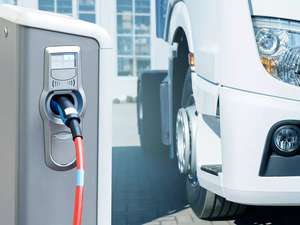Medilytix Bureau : India needs to invest about 10 billion in boosting cell manufacturing and raw material refining to meet domestic demand for lithium-ion batteries for electric vehicles by 2030. According to a report by management consulting firm Arthur D. Little, India’s lithium-ion (Li-ion) battery demand is currently 3 GWh and is expected to grow to 20 GWh by 2026 and 70 GWh by 2030.
At present, India imports almost 70 per cent of its Li-ion cell requirements from China and Hong Kong, it added, citing reports by the Ministry of Mines.
The report added that China now leads in next-generation EVs through large investments in R&D, favourable government policies, foreign direct investment inflows, and aggressive acquisition of raw material resources across geographies.
Steps such as tax subsidies and the development of special economic zones/lithium parks across countries to promote investments in raw material refining and cell manufacturing capacities and continued PLI schemes and subsidies for cell manufacturing will be key.
While EV cells are the most critical part of the e-mobility value chain, the Indian EV industry suffers from overdependence on imports, limited local manufacturing, finite access to raw materials, and refining capacities.
“To accelerate India’s electric mobility growth, the government and the industry ecosystem must collaborate to nurture a self-reliant, local EV value chain, with established battery manufacturers, OEMs, and startups, investing in continuous R&D, partnerships, and global alliances to create a strong supply chain,” Arthur D. Little, India Managing Partner Barnik Chitran Maitra, said.


